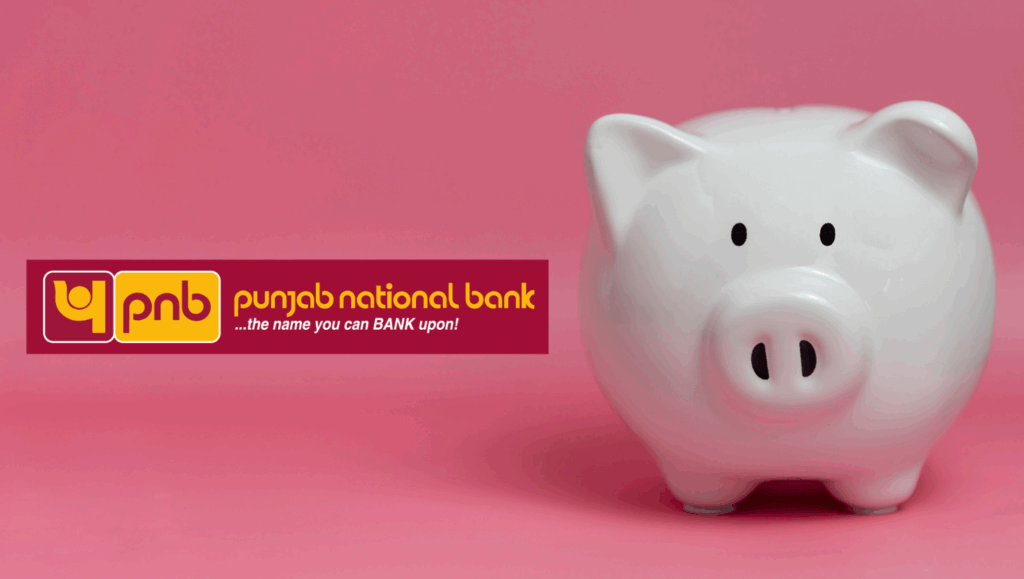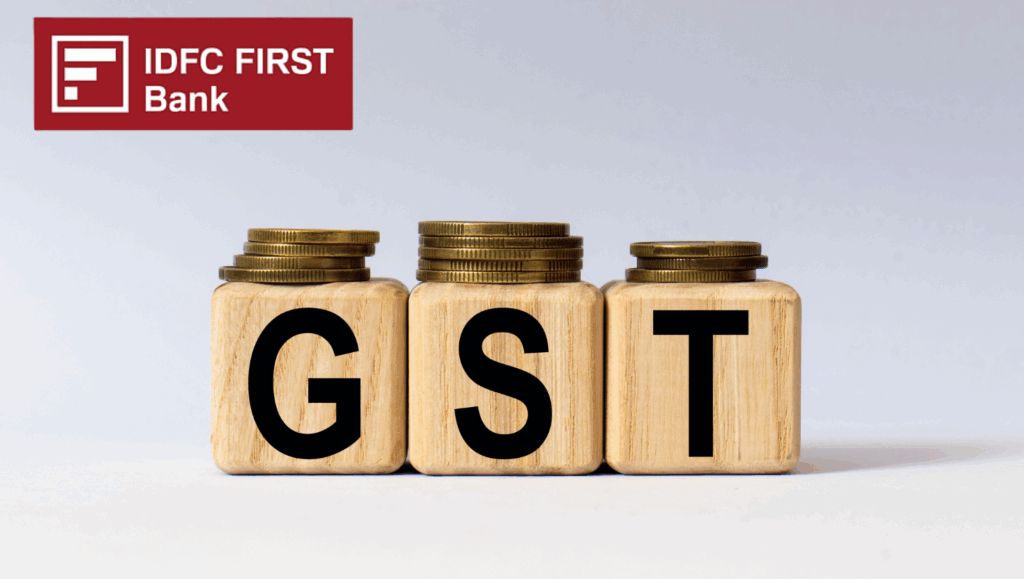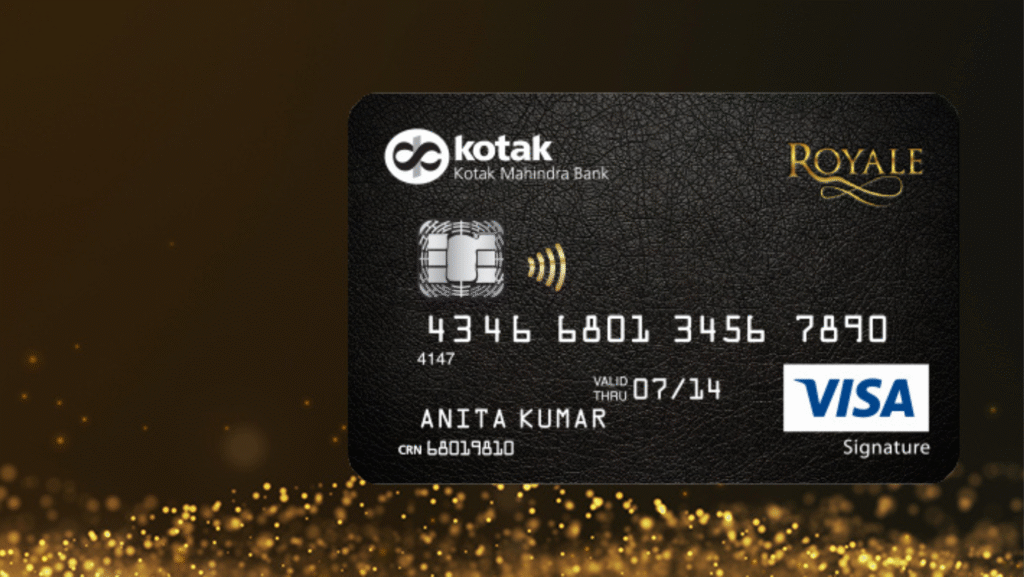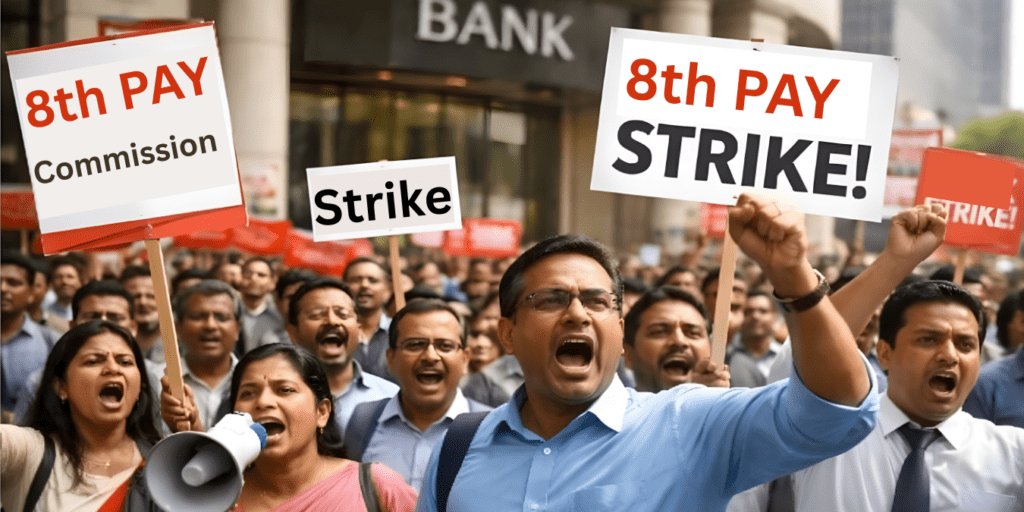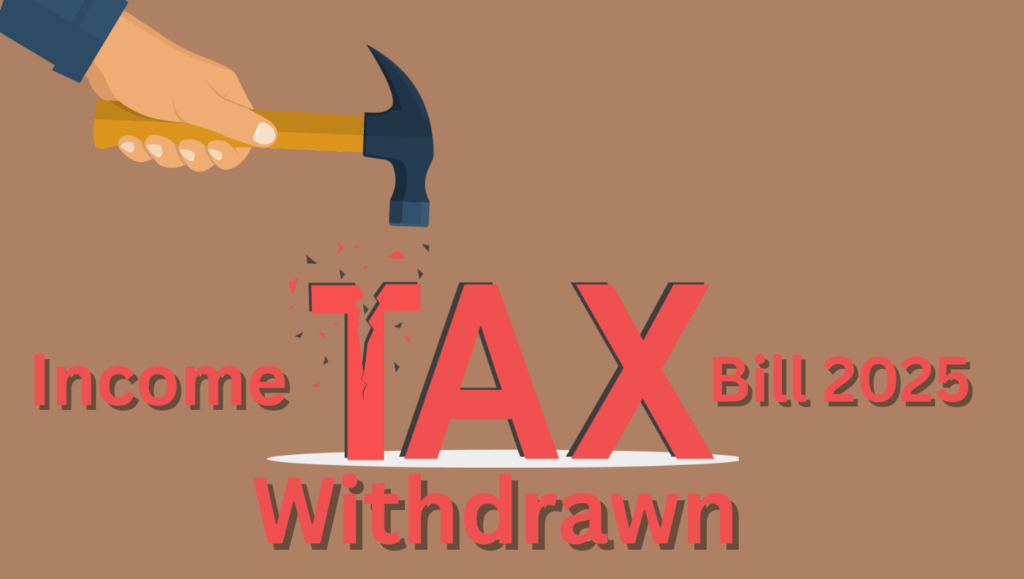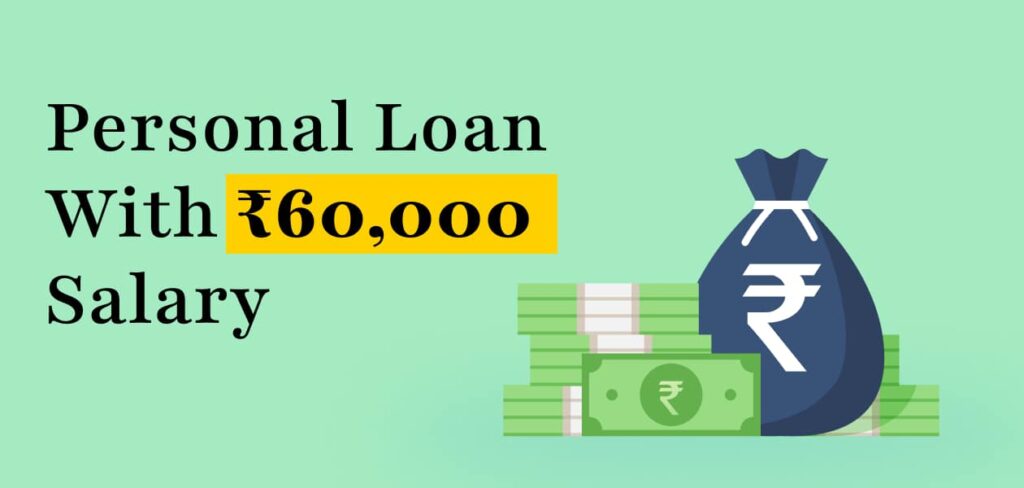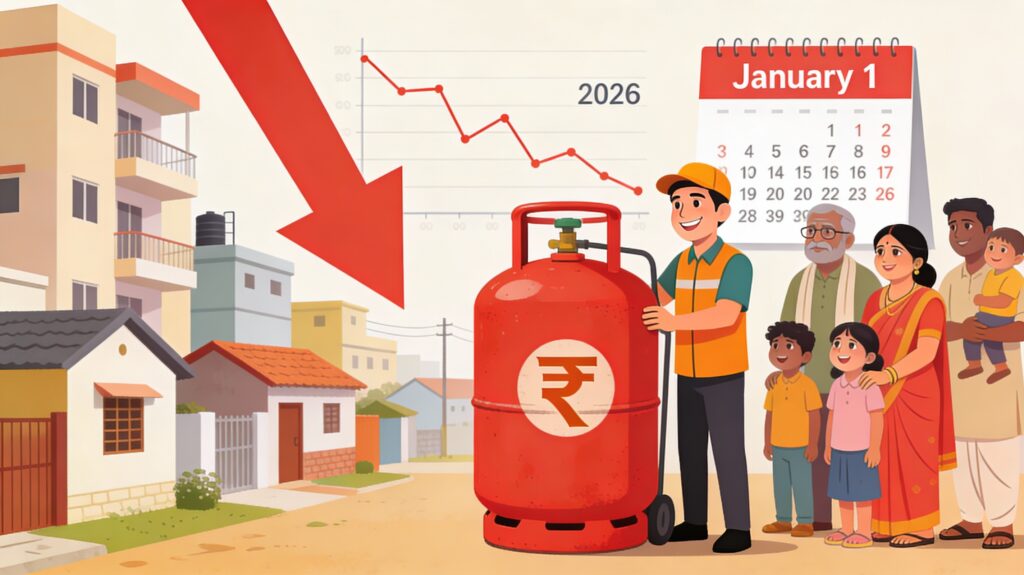
Can a career break ignite your success? In India’s 2025 job market, 53% of professionals say yes! Discover five gripping stories of Indians who paused for family, burnout, or upskilling and returned stronger. With 59% of professionals facing burnout, sabbaticals are no longer taboo but a launchpad for growth. Learn their secrets— from owning your gap to leveraging returnships— and unlock strategies to make your break a career-defining move. Will a pause reshape your future?
Are career breaks always a setback, or can they become a Launchpad for renewed professional energy and personal growth? In India, where family responsibilities, burnout, and self-discovery often intersect with career goals, the question is more urgent than ever. With the latest data and inspiring stories, this post answers every aspect of the search intent: whether to pause, how to plan it, ways to overcome fears, and strategies for a successful comeback—drawing on real experiences from Indians who took career breaks of different lengths.
The New Landscape: Career Breaks in India
- Cultural Shift: The perception of career breaks in India has undergone a seismic shift. Post-pandemic, Indian employers increasingly prioritize skills, adaptability, and mindset over uninterrupted work histories. A 2025 LinkedIn India survey reveals that 53% of professionals believe a career break can enhance their careers, reflecting a growing openness. Recruiters are more receptive to candidates who provide clear, honest explanations for their breaks, especially when tied to personal growth, caregiving, or wellness.
- Statistical Reality: Data underscores this evolving mindset. According to the same LinkedIn survey, 38% of Indian women cite parenting as a primary reason for taking a career break, while men are increasingly stepping away for similar reasons. Additionally, a 2023 McKinsey Health Institute study highlights India’s 59% burnout rate among professionals— the highest globally, compared to a 22% global average. This alarming statistic has fueled the rise of sabbaticals for health and mental well-being, making breaks a strategic tool for long-term career sustainability.
Reasons Indians Take Career Breaks
Family and Caregiving
- Women in particular face pressure to step away for parenting or elder care, but many men now do the same. In India, family often takes precedence, and career breaks for caregiving are common, particularly among women. The LinkedIn survey notes that 38% of women pause their careers for parenting or elder care, but men are increasingly sharing these responsibilities. For instance, many professionals take time off to support aging parents or raise young children, balancing cultural expectations with career ambitions.
Burnout and Health
- Burnout is a silent epidemic in India’s high-pressure work culture. The McKinsey study’s finding that 59% of Indian professionals experience burnout symptoms has normalized sabbaticals for mental and physical health. Professionals are prioritizing wellness breaks to recharge, seek therapy, or rediscover balance, with employers showing greater empathy toward such pauses
Upskilling, Passion Projects, and Entrepreneurship
- Many take breaks to pursue higher education, new skills, startups, or creative goals. The startup bug, upskilling with certifications, and following passions like writing or travel blogging are legitimate and respected reasons.
Overcoming the Fear: Is a Career Break a Career Killer?
There is a persistent fear that a break signals unreliability to employers or results in a dramatic pay cut. However:
- Recruiters are more open when candidates are honest and articulate about their break. A LinkedIn survey found 51% of recruiters are more likely to contact candidates providing context for their break.
- Owning the Narrative: Applicants detailing the reason for the gap on their resume and cover letter saw a 58% higher call-back rate in 2025. Breaks for upskilling or learning lead to even more positive outcomes.
- No Need for Apology: Instead of being defensive, professionals are advised to project confidence, explain their break with clarity, and show what they gained—skills, perspective, resilience.
Individual Needs: How Well Group Insurance Aligns with Personal Requirements
How to Invest Salary and Manage Savings for Financial Independence
Indian Stock Market Outlook for Monday, 25 August 2025
Is Your SIM Card Secretly Draining Your Bank Account? Here’s How Scammers Are Doing It
Five Real Stories: Turning a Pause Into a Launchpad
1. Re-entering After Marriage and Relocation: Ankita Bhattacharya’s Story
Ankita took two career breaks—the first for marriage and the second for relocation, spanning almost nine years combined. She described how daunting it was to rejoin, facing 10-15 interviews and accepting a lower salary. But her resilience and willingness to start afresh—networking, learning, and staying proactive—eventually led her to head a marketing division at a top platform.
2. Burned Out by Startups: Vaibhav Narain’s Wellness Break
Vaibhav, an operations expert, took a 6-month health-driven sabbatical after 15 years and three startups. The break was a reset for his life and career direction. He believes recruiters are now more empathetic about wellness breaks, and his time off allowed a realignment of his professional aspirations.
3. From Failed Startups to a Corporate Comeback: Hitesh Thakkar’s Route
After founding two startups that didn’t succeed, Hitesh found his return to corporate life the hardest phase—until he focused on specific, niche skills. Eventually, he secured a job at a bank as a product specialist, leveraging the learning from his entrepreneurial stint.
4. Parenting and Project Work: Shilpi Ghosh’s Long Haul
Shilpi paused her career for six years to parent her two children. Instead of dropping out of work entirely, she took flexible consulting projects, which allowed her to jumpstart her career later and return with relevant experience. Her advice: map your break with a plan and pursue self-development throughout.
5. MBA and Multiple Breaks: The Learning Loop
Another professional, having taken an MBA break and a wellness sabbatical, found that staying connected with industry peers and continually upskilling—even informally—helped smooth his reintegration. The focus was on using every part of the break for learning, not passive time.
The Most Common Challenges After a Career Break
- Loss of professional confidence and missing out on evolving industry knowledge.
- Facing skepticism among recruiters, especially for gaps over three years.
- Often, the first offer may be lower than expected—though perseverance leads to better roles as value is demonstrated.
Strategies For a Successful Comeback: Practical Advice from 2025
1. Be Clear and Honest About Your Gap
- List the reason for your break clearly on your resume. Employers embrace well-explained breaks, especially for health, upskilling, or family.
- Do not fabricate; fabrications are easy to detect and damage trust.
2. Keep in Touch with Your Professional Network
- Solid referrals from industry contacts, mentors, or previous colleagues are often the key to re-entering the workforce, particularly after long gaps.
3. Continue Learning During The Break
- Even non-career breaks should involve learning, whether through online courses, certifications, or volunteering. Applicants with upskilling breaks have the highest callback rates at 8.5%.
- Engage in small projects or assignments to add evidence of continued relevance.
4. Manage Your Financial and Family Situations
- Ensure financial arrangements are secure before taking the break to avoid stress and an abrupt return.
- Discuss plans with family to build the right support network.
5. Moderate Expectations at First
- Be prepared for initial roles with lower pay or responsibility as you re-establish your professional reputation; use these as stepping stones.
6. Stay Updated on Industry Changes
- Attend webinars, follow industry news, and, if possible, do freelance or part-time gigs in your sector.
7. Join Returnship or Re-entry Programs
- In 2025, Indian companies across industries like tech, auto, and finance offer structured “returnship” programs—short-term, skill-bridging opportunities for professionals resuming work after breaks.
- These programs focus on orientation, mentorship, skilling, and often end in full-time job offers.
Changing Attitudes and Growing Support in India
- Corporate Returnship Programs: Firms like TCS, Mahindra, and Amazon run re-entry programs targeting professionals—especially women—returning from breaks, offering mentorship, flexible hours, and hybrid work options.
- Policy Changes: HR policies in India now openly accommodate sabbaticals for schooling, caregiving, and self-development, with clearly outlined procedures and benefits.
- Peer Support: National and city-based networks of professionals who have navigated long breaks provide informal coaching and referral chains.
Addressing Gaps Greater Than Two Years
- Employers do show more hesitation for gaps over three years, but:
- Context, upskilling, and strong interview preparation are powerful tools to overcome this.
- Framing the story around personal and professional growth is critical.
How to Know If You Should Take a Break
- Consider a sabbatical if persistent burnout, lack of growth, or family needs demand it.
- If contemplating a break, plan for financial security, upskilling, and mental wellbeing in advance.
Final Thought: Make Every Pause a Launchpad
A career break or sabbatical in India is no longer a taboo—in 2025, it’s increasingly seen as a transformative opportunity for personal and professional renewal. The essentials for turning a pause into a step forward? Choose your pause intentionally, keep updating professional skills and relationships, and return to work prepared, confident, and clear about what you’ve gained. Even if the journey back is gradual, the break often leads to a more sustainable, satisfying career trajectory.
Remember: In today's dynamic job market, taking the long view can turn a “gap” into your biggest advantage.




